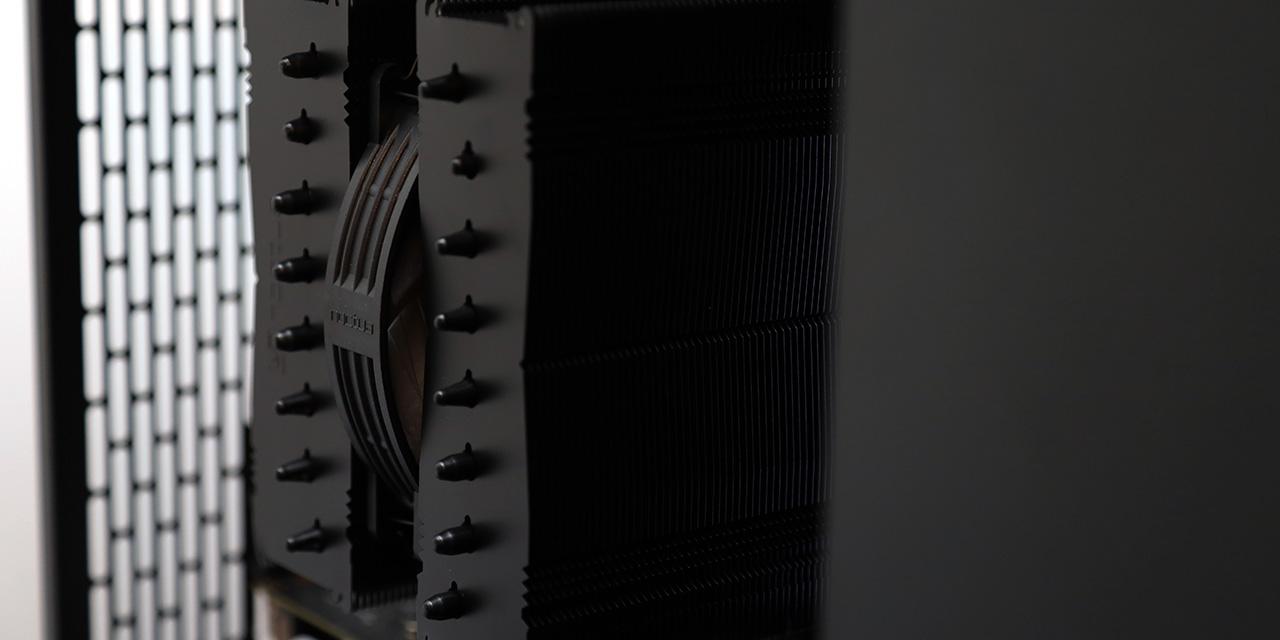Page 8 - Benchmark: PassMark PerformanceTest 10
About PassMark PerformanceTest 10
This Advanced Disk Test, which is part of PerformanceTest, measures the data transfer speed when reading or writing data to one or more disks. The speed that data can be transferred between memory and a hard disk drive is one of a system's most important performance aspects. There are quite a few factors which have a bearing on this speed and the Advanced Disk Drive Test allows the user to vary most of these factors and compare the results.
The test supports any drive that can be mounted under Windows. Including IDE drives, SCSI, RAID, USB key drives, SATA, networked shared drives and external drives.
Users have the ability to test multiple drives at the same time using multiple threads, and specify:
- The size of the test file used. Larger files mean that the system cache has less of an effect on the test types, which use caching (see below).
- The size of the data block used for each read or write request. Larger blocks mean less requests and can lead to an improvement in performance.
- The choice of four access methods - C/C++ API, Win32 API cached / uncached and raw disk access.
- Sequential or random access (seeking plus reading and writing)
- Synchronous and Asynchronous access
- The split between reading and writing
The results of all completed tests may be graphed using our custom graphing components.
From: Developer's Page




PassMark PerformanceTest 10's Advanced Disk Test, unlike HD Tune Pro 5.70, generates some awesome graphs right out of the box. It also provides valuable insight in simulating real world performance applications. To make things clear to you, the first graph simulates a database server, followed by a file server, web server, and workstation. Obviously, PassMark PerformanceTest 10 uses highly compressible data in most tests some controllers can really take advantage of. However, it also requires high IOPS capabilities for the best score. One thing clear is the Kingston KC2500 1TB provided generally flat graphs, which is excellent if you are looking for consistent performance.
Overall, this NVMe solid state drive's performance was good for a performance NVMe drive. With results of 215.52MB/s, 1261MB/s, 1607MB/s, and 201.03MB/s, respectively, the Kingston KC2500 1TB did not come close to the Western Digital Black SN750 NVMe SSD 1TB at 262.43MB/s, 1924MB/s, 2014MB/s, and 185.29MB/s, respectively. The ADATA XPG SX8200 Pro 512GB, which has the same controller, came in at 255.05MB/s, 963.61MB/s, 1771MB/s, and 199.13MB/s, respectively. The Seagate FireCuda 510 1TB posted results of 185.19MB/s, 1384MB/s, 1405MB/s, and 170.81MB/s, in the same corresponding order.
Page Index
1. Introduction, Packaging, Specifications
2. A Closer Look, Test System
3. Benchmark: AIDA64 Disk Benchmark
4. Benchmark: ATTO Disk Benchmark
5. Benchmark: Crystal Disk Mark 6.0
6. Benchmark: HD Tach 3.0.1.0
7. Benchmark: HD Tune Pro 5.70
8. Benchmark: PassMark PerformanceTest 10
9. Benchmark: PCMark 7
10. Benchmark: PCMark 8
11. Conclusion





